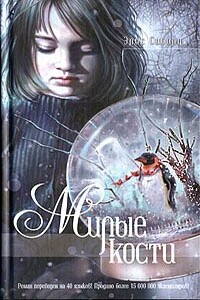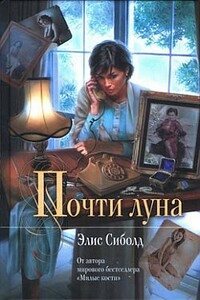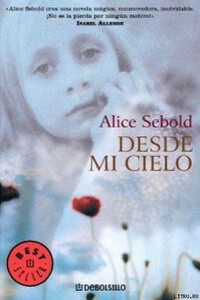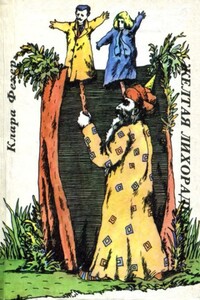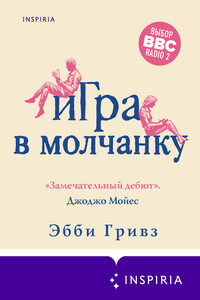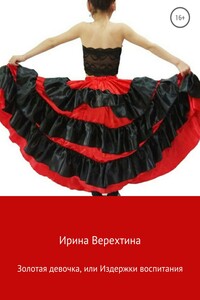The Lovely Bones | страница 14
The girl who lived in the house where the tree stood recognized some of the handwriting. It was not my writing, but the writing of the boy who had a crush on me: Ray Singh. On his mother’s special rice paper Ray had written me a love note, which I never read. He had tucked it into my notebook during our Wednesday lab. His hand was distinct. When the officers came they had to piece together the scraps of my biology notebook and of Ray Singh’s love note.
“Ray is not feeling well,” his mother said when a detective called his house and asked to speak to him. But they found out what they needed from her. Ray nodded to her as she repeated the policeman’s questions to her son. Yes, he had written Susie Salmon a love note. Yes, he had put it in her notebook after Mr. Botte had asked her to collect the pop quiz. Yes, he had called himself the Moor.
Ray Singh became the first suspect.
“That sweet boy?” my mother said to my father.
“Ray Singh is nice,” my sister said in a monotone at dinner that night.
I watched my family and knew they knew. It was not Ray Singh.
The police descended on his house, leaning heavily on him, insinuating things. They were fueled by the guilt they read into Ray’s dark skin, by the rage they felt at his manner, and by his beautiful yet too exotic and unavailable mother. But Ray had an alibi. A whole host of nations could be called to testify on his behalf. His father, who taught postcolonial history at Penn, had urged his son to represent the teenage experience at a lecture he gave at the International House on the day I died.
At first Ray’s absence from school had been seen as evidence of his guilt, but once the police were presented with a list of forty-five attendees who had seen Ray speak at “Suburbia: The American Experience,” they had to concede his innocence. The police stood outside the Singh house and snapped small twigs from the hedges. It would have been so easy, so magical, their answer literally falling out of the sky from a tree. But rumors spread and, in school, what little headway Ray had made socially was reversed. He began to go home immediately after school.
All this made me crazy. Watching but not being able to steer the police toward the green house so close to my parents, where Mr. Harvey sat carving finials for a gothic dollhouse he was building. He watched the news and scanned the papers, but he wore his own innocence like a comfortable old coat. There had been a riot inside him and now there was calm.
